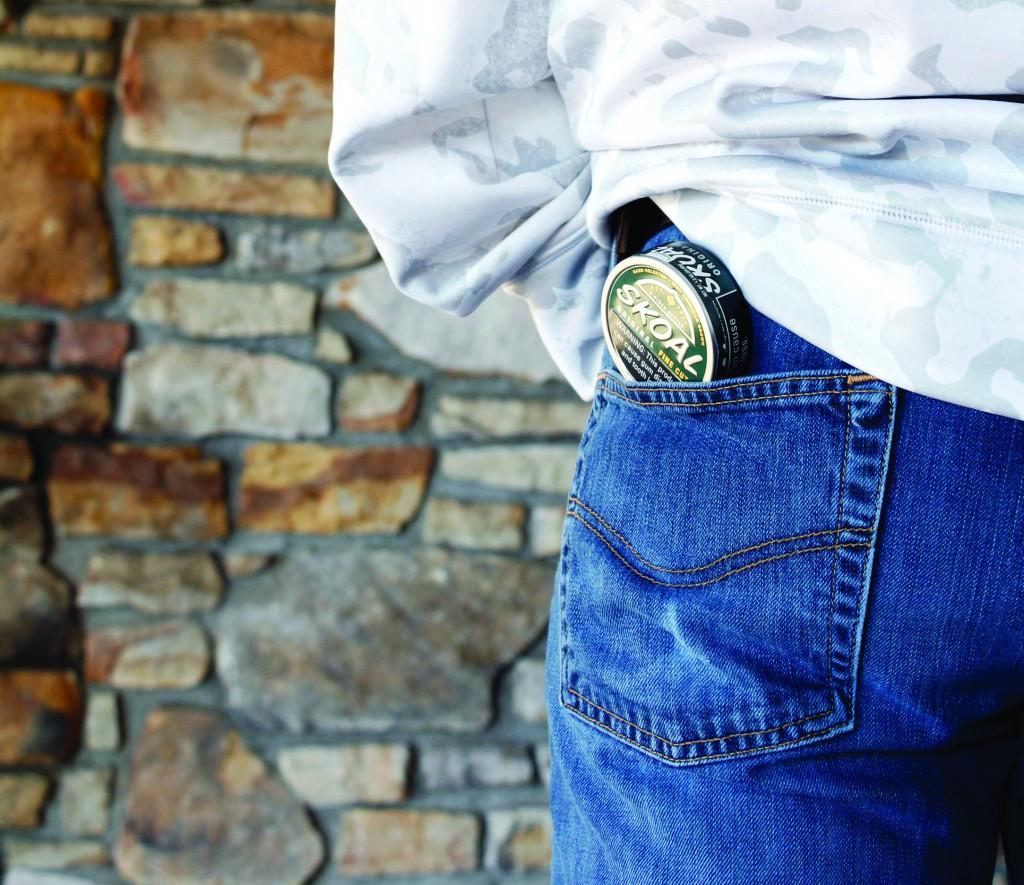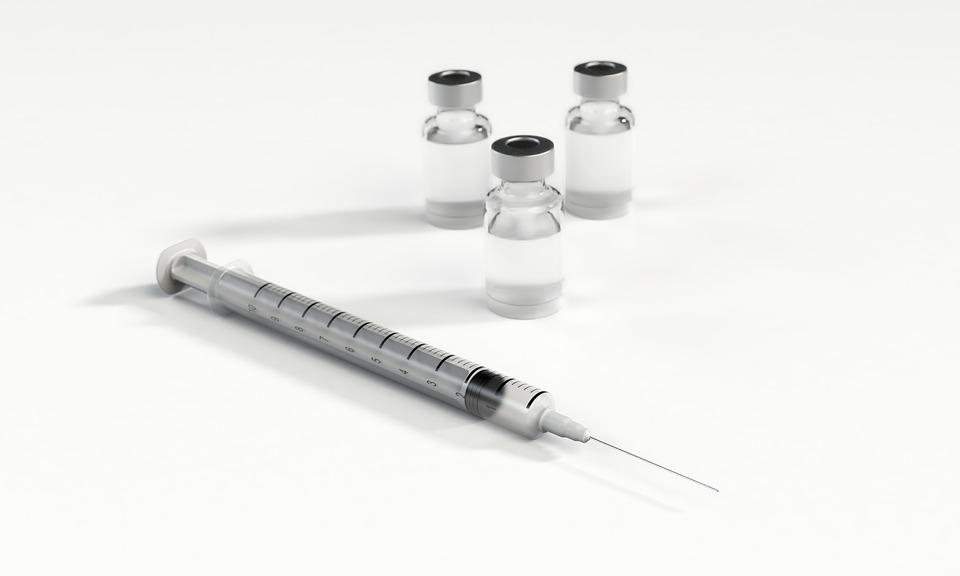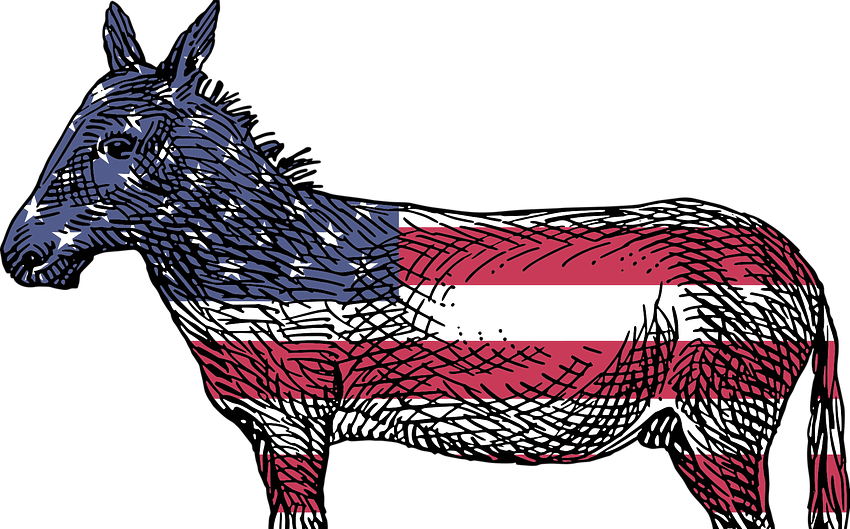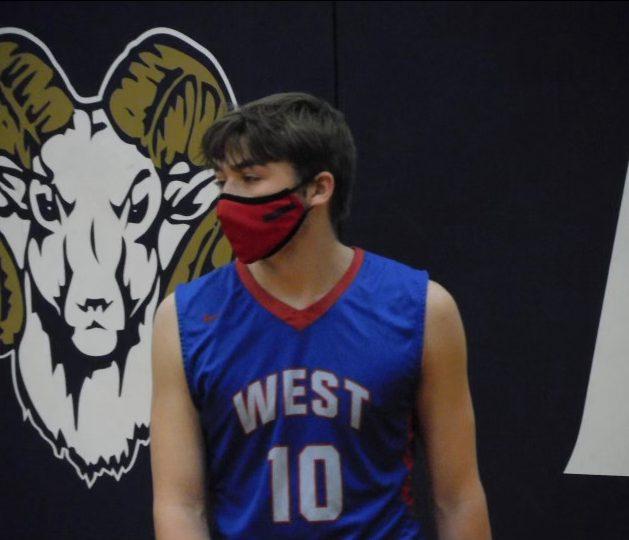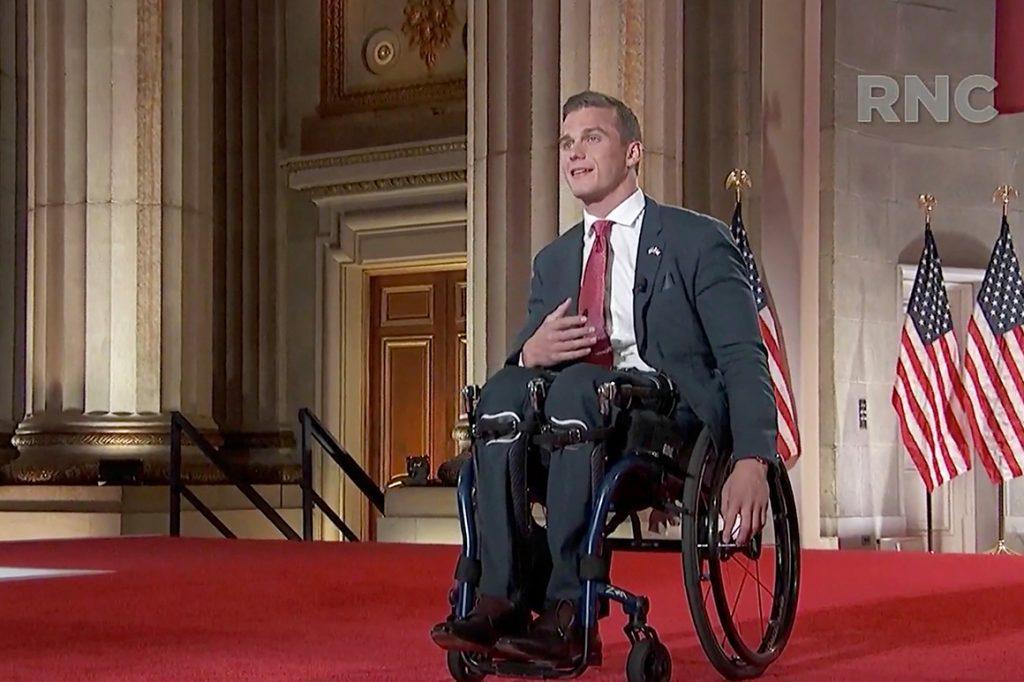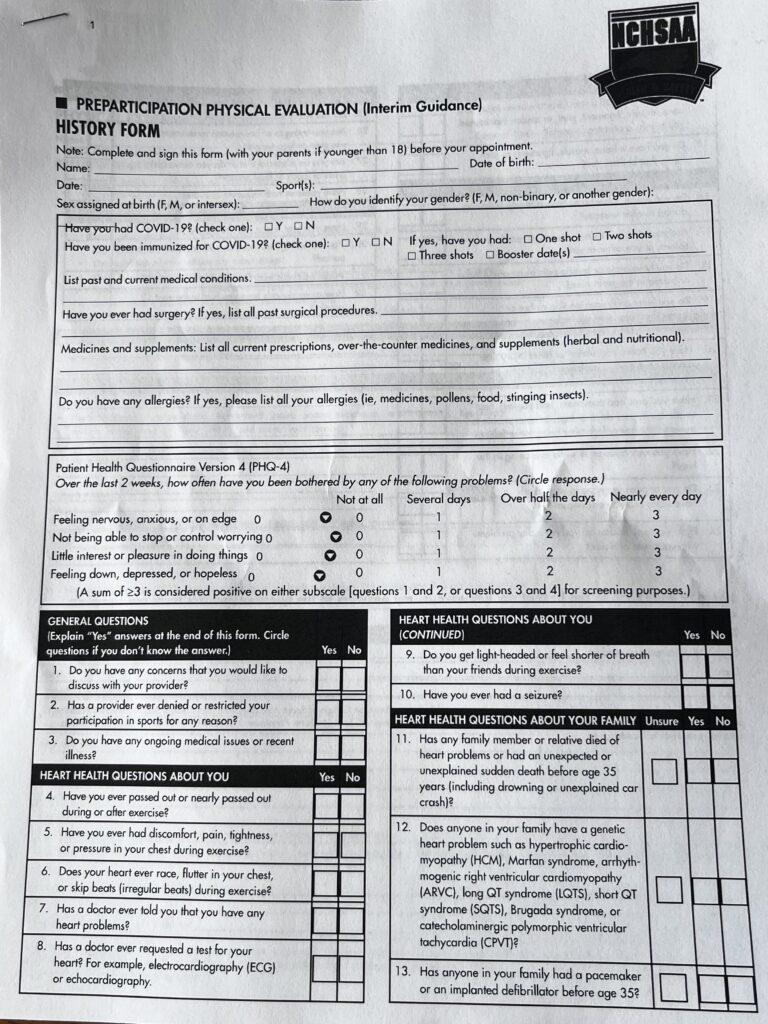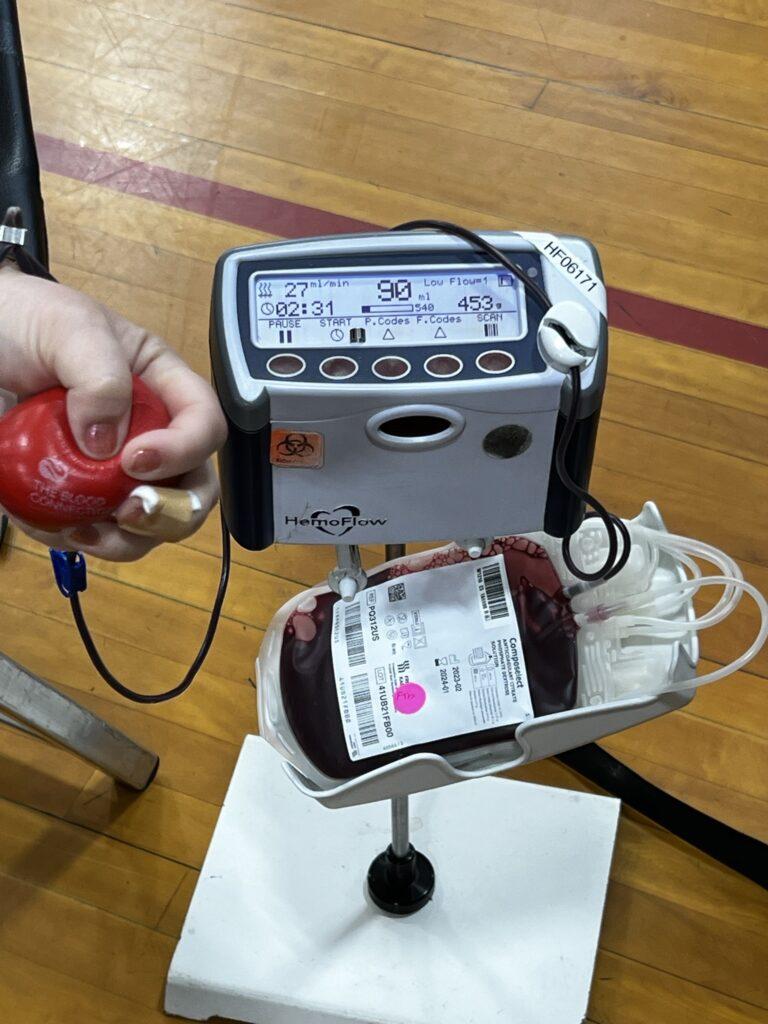“This is a tobacco-free campus,” signs around school proclaim. As students walk by, they either don’t notice or they grin and silently snicker. They are well aware that the faculty and administration have cracked down on cigarettes and, more recently, e-cigarettes.
But chewing tobacco and snuff are just as harmful as cigarettes, and we believe students and school officials do not take these tobacco products as seriously as they should.
The student agenda is very clear, banning cigarettes, e-cigarettes, vaporizers and smokeless tobacco products.
Because of the lack of enforcement of the rules against smokeless tobacco, we witness students dipping and chewing in our classes on a daily basis. Athletes observe their fellow athletes and coaches dipping and chewing.
We feel their use of smokeless tobacco products is pretty obvious and that teachers observe it. But we also believe teachers and coaches remain silent out of a desire to avoid confrontations.
The student is breaking the rules and only harming himself by dipping or chewing. Right? However, teachers go crazy over the possession of an e-cig. The current situation presents a double standard, and it only makes students angry.
Unfortunately, dipping and chewing are traditions in the South. Just because it’s accepted in the general public doesn’t mean it should be ignored at school.
According to the “Disciplinary Consequences” chart in the student agenda, possession or use of tobacco results in at least one day of ISS. How many students are actually forced to attend ISS after breaking this rule by using smokeless tobacco?
Last spring, school boards in Henderson County and surrounding counties changed their tobacco policies to include e-cigarettes and vaporizers.
Recently, Haywood County school board members revised their policy to classify e-cigs as drug paraphernalia rather than tobacco products. We wonder if our school board will follow. Isn’t this a little unfair?
By far, one of the worst situations would be those teachers who joke around about how they themselves “get a pinch” or “have a lipper” occasionally. This is basically encouraging students to follow their example.
Wingspan staff members, on multiple occasions, have heard students laughing because their teacher told the entire class that he dips. This is astounding, especially since the other faculty members haven’t stepped up to say anything against it.
Any staff member should be held to the same responsibility as this “tobacco-free campus” applies to everyone.
Recently, a Wingspan staff member did witness a teacher reprimanding a group of students after he caught them dipping. After walking into the boys’ restroom a little after the final bell had rung, he saw three students huddled in a group all itching for a pinch.
The teacher said something along the lines of, “One out of the three of you will die from that stuff. It’s a dangerous habit. Now get it out of here!”
We’re glad that someone finally gave these students a strong reprimand instead of a simple “cut it out.”
Just because it doesn’t involve smoking, smokeless tobacco is harmful. Cancer is a real possibility, and scientists suspect that smokeless tobacco has links to both heart disease and strokes.
Again, if the administration and faculty strictly enforce the bans on cigarettes and e-cigarettes, why aren’t they just as strict with snuff and chewing tobacco? Smokeless or not, this is still a tobacco-free campus.

